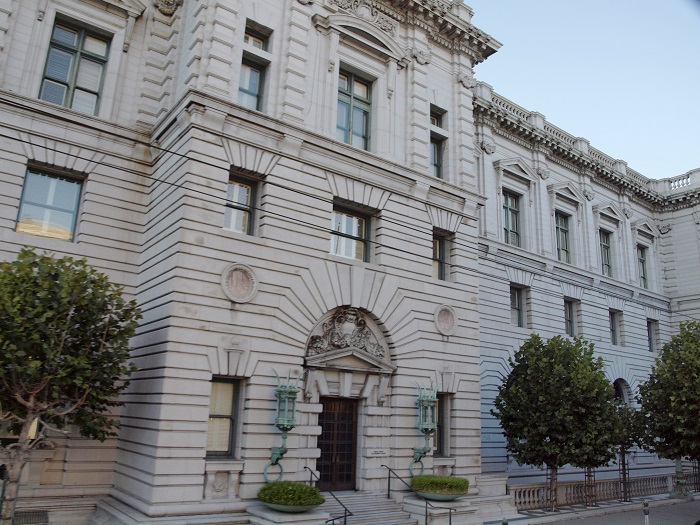 The Consumer Financial Protection Bureau has prevailed against a challenge to its authority in the Ninth Circuit Court of Appeals in the wake of last summer’s U.S. Supreme Court decision in Seila Law LLC v. Consumer Financial Protection Bureau.
The Consumer Financial Protection Bureau has prevailed against a challenge to its authority in the Ninth Circuit Court of Appeals in the wake of last summer’s U.S. Supreme Court decision in Seila Law LLC v. Consumer Financial Protection Bureau.
A copy of the opinion in Consumer Financial Protection Bureau v. Seila Law LLC is available at: Link to Opinion.
In Seila Law, the Supreme Court found that the Bureau’s structure of having a single director, subject to “for-cause” rather than “at-will” removal, was an unconstitutional violation of separation of powers. But the Supreme Court severed the offending provision, leaving the Bureau intact, and sent the case back to the Ninth Circuit on the issue of ratification.
Seila Law grew from a civil investigative demand (CID) the Bureau had issued to the law firm. The CID had been issued under the Bureau’s first director, Richard Cordray, and was subsequently ratified by its acting director, Mick Mulvaney.
Unlike the director, an acting director of the Bureau could be removed by the president “for cause” and so, the government argued, the CID at issue was effective because of the subsequent ratification. The Supreme Court declined to rule on this question, leaving it to the Ninth Circuit to answer.
Ratification Cures Constitutional Defect
Meanwhile, to cure any constitutional defects resulting from the Supreme Court’s decision, Bureau Director Kathleen Kraninger expressly ratified various actions the Bureau had taken during its period of unconstitutionality, including the CID issued to Seila Law.
As a result, the Ninth Circuit determined that it need not consider the ratification made by Acting Director Mulvaney and instead addressed the later ratification made by Director Kraninger. Her ratification was challenged under the theory that because Seila Law found the Bureau’s structure unconstitutional, actions taken by its director during the period of unconstitutionality cannot be fixed by the director’s ratification.
In its Dec. 29 decision, the Ninth Circuit found that because Director Kraninger issued her ratification after the Supreme Court severed the “for cause” provision, it was issued at a time when the director knew the president could remove her with or without cause. Seila Law’s only injury, the court wrote, was that a CID was issued and enforced during a period when the Bureau was unconstitutionally structured.
“Any concerns that Seila Law might have had about being subjected to investigation without adequate presidential oversight and control have now been resolved,” the court wrote.
The Ninth Circuit rejected the argument that the CID could not be ratified because the Bureau lacked the authority to issue it in the first place. The court found that the constitutional defect was limited to the director and “did not infect the agency as a whole.”
Lower Courts Reach Similar Holdings
While the Ninth Circuit is the first circuit court of appeals to examine the effect of Director Kraninger‘s ratification on CFPB actions made prior to Seila Law, lower courts have rejected similar challenges.
In November, a Maryland U.S. District Court held that because Seila Law did not “affect the CFPB’s authority” when the defect was cured by the severing of the “for cause” provision, ratification by the director, who was then constitutionally sound, cured any defect.
Two days later a U.S. District Court in Rhode Island also held that Director Kraninger‘s ratification cured any defect arising from a CID issued during the period of unconstitutionality.
One More Case to Watch
While the issue has been decided favorably for the Bureau, a federal court in the Southern District of New York remains to be heard. Prior to the Supreme Court’s decision in Seila Law, this court held that a ratification of an enforcement action by then Acting Director Mulvaney did not cure constitutional defects arising from the “for cause” provision.
During the appeal of the case, Director Kraninger ratified the same enforcement action following the Seila Law decision. The Second Circuit then remanded the case to the district court to consider the “validity” of the ratification.


